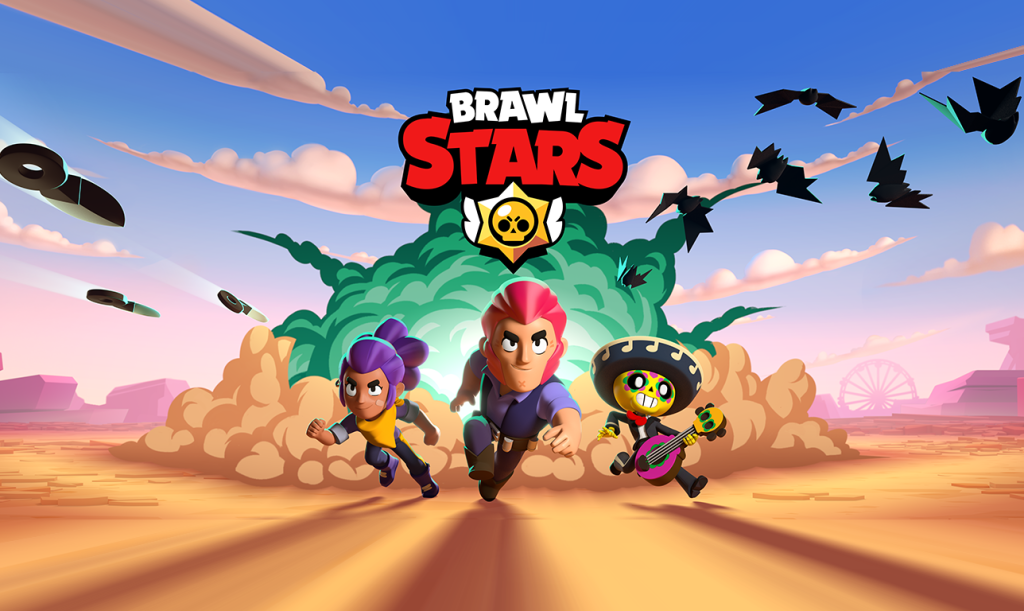The word is out there, Supercell is ditching loot boxes in favor of deterministic rewards in their mid-core game Brawl Stars.
- https://kotaku.com/brawl-stars-loot-boxes-free-mobile-battle-pass-1849890262
- https://www.gamesindustry.biz/supercell-removes-loot-boxes-from-brawl-stars
- https://gameworldobserver.com/2022/12/13/brawl-stars-loot-boxes-removed-supercell
- https://www.deconstructoroffun.com/blog/was-brawl-stars-ditching-loot-a-good-move
- https://www.gamedeveloper.com/business/supercell-pulls-loot-boxes-from-brawl-stars-in-favor-of-deterministic-rewards-
I currently work at a Swedish company called Star Stable Entertainment (SSE), after being active in the F2P (Free to Play) mobile universe. Due to the teenage female demographic of SSE and the overall ethos of the company of following best practices for player safety and monetization. And when it comes to monetization, there’s a philosophy of “No Loot Boxes”. Here’s my take on why overall I think Supercell made a great decision experimenting with going for a deterministic rewards-only monetization.
Brawl Stars isn’t Supercell’s biggest game, and it’s having been globally launched in 2019 it’s now reaching 3-4 years of live operations.

This is a great spot to be in for experimentation. Top-charted mobile games often break even in the first to the second year after release. World-class live operations will extend the lifespan of the game. With the pandemic boost being over, increased awareness of predatory monetization practices, and mobile acquisition having been disrupted by stricter rules around data privacy, revenue in the F2P market are down https://uk.pcmag.com/games/143950/gaming-revenue-is-down-despite-an-increase-in-players.
Regulations are tightening
Loot boxes are a big topic that has been controversial in the games industry for many years now, especially after Star Wars Battlefront 2, included in 2017.
In 2018, Belgium studied many games and their usage of loot boxes and deemed they should be treated as gambling. EA executives have tried to coin loot boxes as “surprise mechanics” and that overall players like them https://www.gamesindustry.biz/ea-adamant-loot-boxes-arent-gambling
Parents and the population, in general, are becoming more aware of predatory monetization https://www.wired.co.uk/article/loot-boxes-predatory-monetization-games. If you know anyone with kids who play Roblox they’re bound to have interesting stories to share, regarding how their children consume content, the education, and talks they have with them.
There are even trends for parents with small children who are searching for experiences without in-app purchases.
Disadvantages of highly deterministic rewards
If we go towards the limit of removing all non-deterministic rewards, there are certain aspects that we have to be ready to address.
Players that started playing earlier tend to have an enormous advantage, because there will be a direct correlation between effort and rewards. If not well balanced, attracting new players, specially high-spenders (very commonly referred to as whales), will become more and more difficult as the game ages, and inflation will become harder to control.
As inflation becomes harder to control, it will also become more expensive from a game development standpoint to keep the “billionaires” of the game world engaged.
In the case of Brawl Stars, personal skill is an equalizing factor that will help keep end-of-game players “on their toes” at least for longer than in a game where skill isn’t as important.
Advantages of not having loot boxes
When rewards are more directly connected to the effort the player puts into his character/game account, and less relying on luck, the relationship of the player with the game has the potential to stay relatively long and more positive. This is also known as the IKEA effect. When overall sentiment is positive, feelings of nostalgia are also more likely to be triggered for players that churn. It’s very human to reminisce about games that we feel had an impact on us, even when they are far from perfect.
We’ve raised a whole generation playing premium game experiences and we’re reaping the benefits of it. Nostalgia drives revenue, and companies like Nintendo have been able to capitalize greatly on nostalgia.
But this is not to say that Free 2 Play games are not possible, and outright “bad”. Free 2 Play games have truly democratized gaming. Basically, everyone with a smartphone can install and play a Supercell game, and most of these players will never spend any money on that experience.
Cosmetic and quality-of-life purchases go a long way in establishing trust in certain brands. In the western world “pay to win” has a bad reputation.
Beyond Loot Boxes
I don’t believe that loot boxes are going to die any time soon, more than I believe that gambling is going to disappear. Humans crave the dopamine hit of games of chance. And we’re a lot better at remembering the highs than the lows.
That said, it’s going to become more and more difficult and costly to have mainstream games relying on these mechanics when they are directly tied to monetization.
The games market has been shaken to the core, first with many Mergers and Acquisitions during the bull market, a recession amidst an environment of consolidation, and changes in legislation at the center of business practices.
2023 is going to be a year where the mobile and F2P games industry will have to evolve and adapt in order to continue growing. I think with this Supercell move we’re seeing the beginning of many seemingly risky experiments, and unusual moves.
Did you enjoy this article? You might also like:
Update: I’ve taken a long time to publish this article and in the meantime. Supercell announced that a previously sunsetted game Everdale is going to make a comeback by being run by Metacore.
